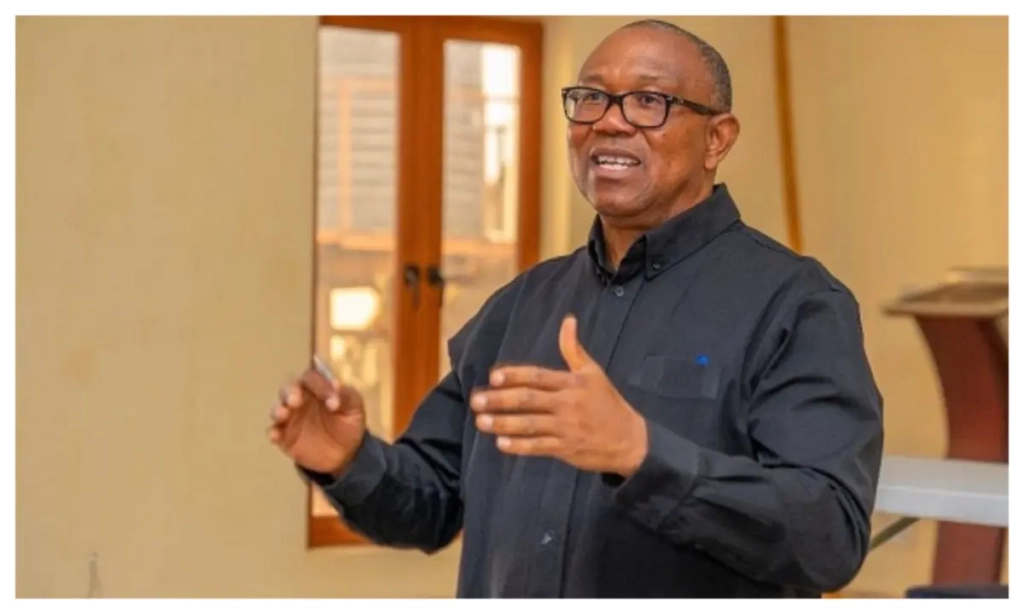Amid ongoing discussions about Nigeria’s political future, Peter Obi, the former Labour Party presidential candidate, has reaffirmed his pledge to serve a single four-year term if elected to lead Africa’s most populous nation. The ex-governor of Anambra State, known for his reform-focused agenda, argued that meaningful progress could be achieved swiftly under disciplined leadership free from personal ambition. His remarks, shared via social media platform X (formerly Twitter) on Tuesday, addressed both his governance vision and critiques of his unconventional term-limit stance.
Obi expressed surprise at the intensity of debate surrounding his commitment to a one-term presidency, framing it as a test of public faith in ethical leadership. “A sincere leader can achieve significant progress within 48 months,” he stated, insisting bureaucratic inefficiency and corruption—not time constraints—hinder national development. The declaration aligns with his past advocacy for accountability, emphasizing redirection of state resources from what he called “unnecessary expenditures,” such as new presidential aircraft, toward education, healthcare, and infrastructure.
Rejecting claims of political opportunism, the 62-year-old politician denied any history of desperation for power. He distanced himself from tactics often linked to electoral contests in Nigeria, including violence, ballot manipulation, and inflammatory rhetoric. “Challenge anyone to investigate my record—there are no stains of rigging or thuggery,” he asserted, positioning himself as a proponent of peaceful, principle-driven politics. This defense comes amid heightened scrutiny of candidates’ backgrounds ahead of Nigeria’s 2027 elections, though Obi has not formally declared another bid.
Central to his argument was the assertion that systemic reforms, including anti-corruption measures and electoral overhauls, could be initiated within his proposed term. He cited fund misallocation as a critical issue, suggesting trillions of naira currently spent on luxury items could instead bolster public services. Critics have questioned the feasibility of such transformative pledges, particularly given Nigeria’s complex economic challenges, which include soaring inflation and widespread unemployment.
The conversation taps into broader regional debates about leadership tenure in West Africa, where some leaders have extended stays through constitutional changes. Obi’s stance distinguishes him from peers who typically avoid term limitations, though analysts note that actual policy implementation would depend on legislative cooperation—a hurdle given Nigeria’s historically adversarial executive-parliament dynamic. While supporters hail his commitment as a model of integrity, skeptics argue sustained reform often requires longer timelines.
As discussions unfold, Obi’s messaging underscores a strategic appeal to younger voters and reform advocates increasingly disillusioned with traditional political practices. His emphasis on transparency and anti-corruption mirrors demands from Nigeria’s civil society groups, who have long pushed for governance restructuring. Whether this approach gains traction nationally remains uncertain, but it highlights evolving voter priorities in a nation where over 60% of the population is under 25.
